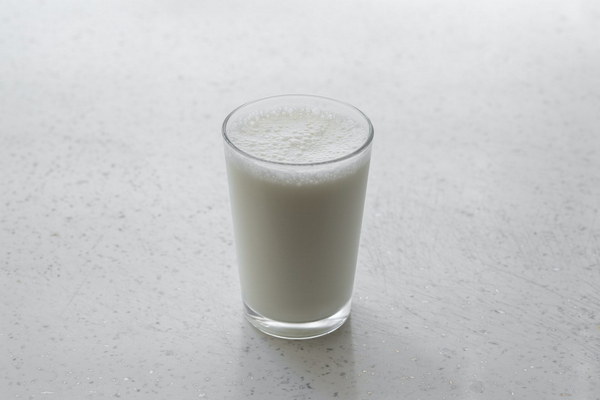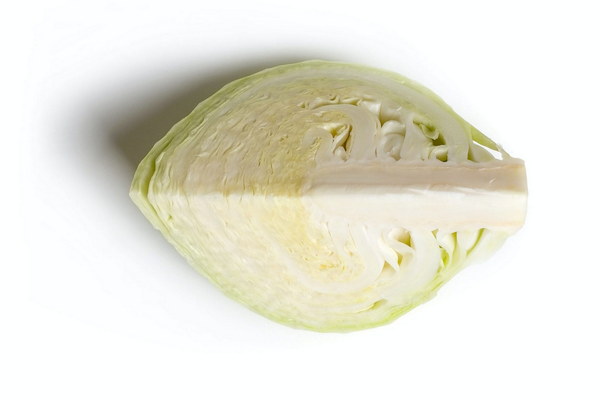Is Rice Tea Good for Your Stomach Unveiling the Truth Behind This Traditional Beverage
Introduction:
Rice tea, a popular beverage in many Asian cultures, has been cherished for its delightful taste and health benefits. However, one question often lingers in people's minds: does rice tea actually benefit the stomach? In this article, we will explore the truth behind this question, delving into the potential digestive advantages of rice tea and its impact on gut health.
1. The Nutritional Profile of Rice Tea

Rice tea is made by brewing rice in water, often with the addition of various flavors such as ginger, sugar, or milk. The nutritional content of rice tea varies depending on the ingredients used. However, it generally contains the following components:
- Carbohydrates: Rice is a rich source of carbohydrates, providing energy to the body.
- Fiber: The addition of ginger or other herbs may increase the fiber content, promoting digestion.
- Probiotics: Some rice tea recipes may include probiotics, which are beneficial for gut health.
2. Rice Tea's Potential Benefits for the Stomach
While more research is needed to fully understand the impact of rice tea on the stomach, several potential benefits have been observed:
a. Gentle on the Stomach: Rice tea is a soothing beverage that can be beneficial for individuals with sensitive stomachs. The gentle nature of rice and the addition of ginger can help alleviate stomach discomfort and reduce bloating.
b. Antioxidant Properties: Rice tea contains antioxidants that may help protect the stomach lining from damage caused by harmful substances. This can contribute to a healthier digestive system.
c. Probiotic Support: Some rice tea recipes incorporate probiotics, which can help maintain a balanced gut microbiome. A healthy gut microbiome is essential for optimal digestion and overall well-being.
3. Risks and Considerations
While rice tea may offer benefits for the stomach, it is important to be aware of the following risks and considerations:
a. High Sugar Content: Many rice tea recipes include added sugar, which can be harmful to individuals with diabetes or those looking to manage their blood sugar levels. Opt for unsweetened rice tea or limit the amount of sugar added.
b. Allergies: Some individuals may have allergies to certain ingredients used in rice tea, such as ginger or milk. It is essential to be aware of these allergies and avoid consuming rice tea accordingly.
4. Conclusion
In conclusion, rice tea may have potential benefits for the stomach, particularly in terms of being gentle on sensitive stomachs and supporting gut health. However, more research is needed to fully understand its impact. If you are considering incorporating rice tea into your diet, it is advisable to consult with a healthcare professional, especially if you have any existing stomach conditions or dietary restrictions.
Remember, while rice tea may offer some digestive benefits, it is just one aspect of maintaining a healthy gut. A balanced diet, regular exercise, and adequate hydration are also crucial for optimal digestive health.









